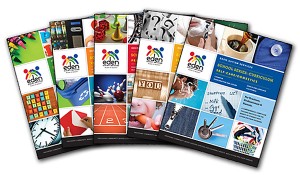 It is with great excitement that we announce the publication of the Eden School’s Assessment and Curriculum Series. This set of seven assessments and curriculum guides provide an expansive range of content for grades Pre-K through 12.
It is with great excitement that we announce the publication of the Eden School’s Assessment and Curriculum Series. This set of seven assessments and curriculum guides provide an expansive range of content for grades Pre-K through 12.
This week only, you can save 15% on these new assessments and curricula by entering the Promo Code BLOGEDA at checkout.
The Autism Assessment provides educators, therapists, and parents with a tool to accurately assess a student’s current abilities and skill level. This assessment identifies the student’s strengths and weaknesses, assists with goal selection, tracks progress, and makes it easy to translate the assessment into concrete IEP goals. The Autism Curriculum is a comprehensive series of teaching programs designed to provide a valuable resource to enable professionals and parents to effectively teach students with autism. Employing a hands-on approach, the curriculum includes practical strategies for each teaching program. In addition, each skill area includes a systematic assessment and flow chart to support appropriate goal selection. Teaching programs are clearly written, with step-by-step instructions, and include target behaviors, prerequisite skills, criterion-referenced assessment, measurement, materials, procedures, and prompting techniques. Each curriculum delineates Primary, Intermediate and Secondary Skills to help structure learning for students of various ages and abilities.
These teaching programs, grounded in the principles of Applied Behavior Analysis (ABA), have been field-tested with hundreds of students and adults with autism. They address essential areas of skill such as cognitive, self-care and domestics, speech and language, vocational, physical education, recreation and leisure, employment, and residential living. This series offers specifically targeted curricula for Infants and Toddlers, a 5-part series for school-age students, and an Adult Curriculum.
Teaching programs are clearly written, with step-by-step instructions and include target behaviors, prerequisite skills, criterion, measurement, materials, procedures, and prompting techniques. Each volume includes flow charts to assist with selection of goals. Teaching programs and data tools are presented in wire-bound format for easy use. Each volume comes with a Curriculum, Assessment and Assessment Score Sheet. Additional blank assessment score sheets are available for sale in sets of 10 for each curriculum volume: Infant/Toddler; Cognitive; PE; Self-Care/Domestics; Speech/Language; Vocational; Adult.
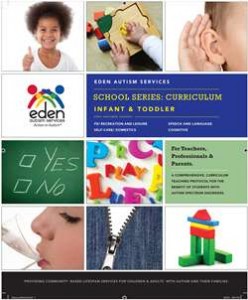
Infant & Toddler Assessment & Curriculum
Developed to specifically address the needs of infants and toddlers (up to age three) with autism, the Infant and Toddler Curriculum contains teaching programs for learning readiness, cognitive skills, oral motor/feeding, receptive and expressive language and communication, play and social skills, sensory-motor, self-care, and preschool readiness skills.
Eden Autism Services School Curriculum Series
This five-volume series specifically addresses the educational needs of school-age students with autism by skill area: Cognitive, Adaptive Physical Education, Self-Care and Domestics, Speech and Language, and Vocational Education. The curricula can be purchased individually or as a set of five. Each volume contains the prerequisite skills, criterion, measurement, materials, procedure, prompting techniques and teaching tips for each target behavior.
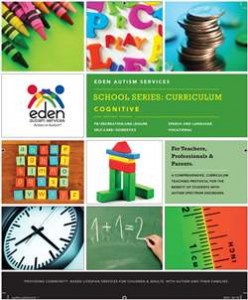 Cognitive Volume: School Curriculum & Assessment
Cognitive Volume: School Curriculum & Assessment
The Cognitive volume contains teaching programs to address the educational needs of school aged students with autism in the areas of Learning Readiness (eye contact, gross motor imitation), Pre-academics (block imitation, matching objects, body part ID, etc.), Academics (counting, handwriting, sight word ID, etc.), and classroom language/social play (categorization, pretend play, etc.). There are more than 85 lessons presented with prerequisite skills, criterion, measurement, materials, procedure, prompting techniques and teaching tips.
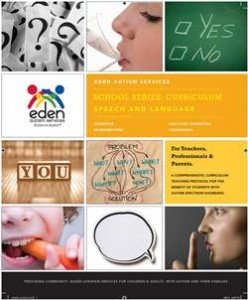 Speech and Language Volume: School Curriculum & Assessment
Speech and Language Volume: School Curriculum & Assessment
The Speech/Language volume contains teaching programs for school-aged students with autism which is divided into four domains and then ranked as primary, intermediate and secondary skills. The domains focus on oral motor/feeding, receptive language, expressive language, and pragmatics. There are more than 75 lessons presented in a highly structured, specialized format.
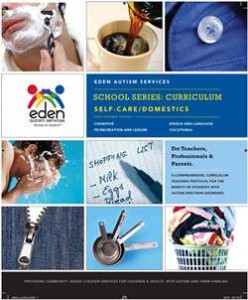 Self-Care and Domestics Volume: School Curriculum & Assessment
Self-Care and Domestics Volume: School Curriculum & Assessment
The Self-Care/Domestics volume contains teaching programs targeting daily living activities for school aged students with autism in the areas of self-care and domestic skills. There are more than 60 target behaviors covering primary skills like dressing, hand washing, and toileting to secondary skills such as bathing, shaving, menu preparation, and food shopping.
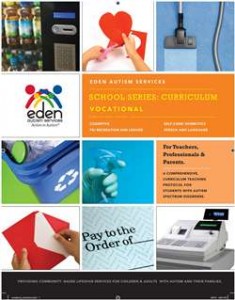
Vocational Education Volume: School Curriculum & Assessment
The Vocational volume contains teaching programs specially designed to address a variety of vocational skills for school aged students with autism. The skills taught are designed to prepare individuals with autism and developmental disabilities for adult life and the world of work. The emphasis is on using these teaching programs to foster appropriate levels of independence. There are 55 targets in this volume addressing vocational skills like sorting, labeling, packaging, inventory, stocking, and more.
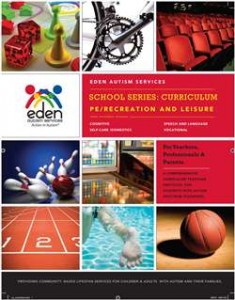 Physical Education/Recreation and Leisure Volume: School Curriculum & Assessment
Physical Education/Recreation and Leisure Volume: School Curriculum & Assessment
The PE volume contains teaching programs specifically designed to address the physical education, recreation, and leisure skills of school-aged students with autism. While many educators use task-analyzed programs to teach students with ASD, physical education, recreation and leisure skills are often not approached in the same manner. There are more than 35 target behaviors from biking, golf, doing a puzzle to bowling, board games, swimming and video games.
Eden Autism Services School Curriculum Series: 5-Volume Set
The 5-Volume Set includes each volume in the series for school-aged students: Cognitive, Speech/Language, Self-Care and Domestics, Vocational, and Physical Education/Recreation and Leisure.
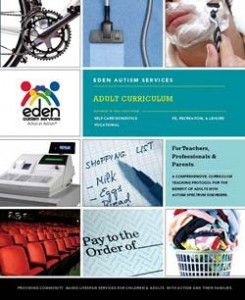 Adult Services Assessment & Curriculum
Adult Services Assessment & Curriculum
The Adult Residential and Employment volumes have been combined into a single comprehensive volume for Adult Services. Developed for adolescents and adults with autism residing in community-based living arrangements, the Adult Services volume contains teaching programs for self-care, domestics, physical education, and recreation and leisure. There is a complete vocational section that focuses on teaching programs to be implemented in an adult day placement with application in employment settings.
ABOUT EDEN
Since 1975, families, educators, healthcare professionals and others with an interest in autism have looked to the knowledgeable, caring and committed staff at Eden for guidance. Headquartered in Princeton, NJ, Eden’s expertise includes early intervention services, pre-K through 21 education, adult residential and employment programs, and support and training for families and professionals. This Assessment and Curriculum provides educators and caregivers with nearly 40 years of Eden’s teaching expertise.
*Offer expires on January 15, 2013 at 11:59 pm EST. Not compatible with any other offer. Be sure there are no spaces after the Promo Code when you enter it at checkout.
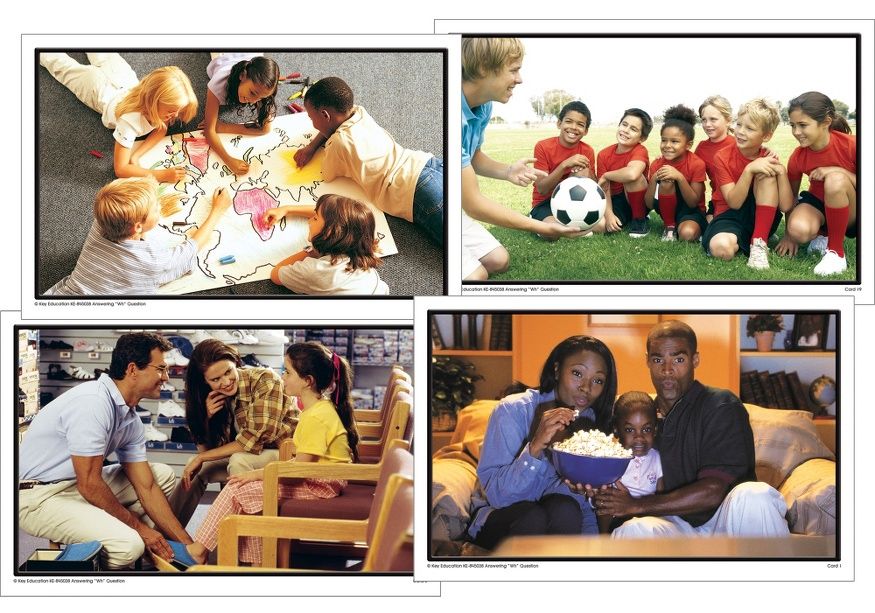
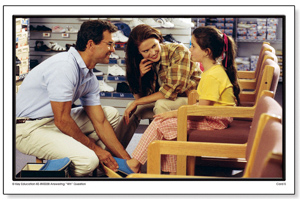 classroom, playground, kitchen, and many more. Answering “Wh” Questions also comes with word lists and a resource guide in English, Spanish, as well as French, to suggest different methods of asking and answering “wh” questions.
classroom, playground, kitchen, and many more. Answering “Wh” Questions also comes with word lists and a resource guide in English, Spanish, as well as French, to suggest different methods of asking and answering “wh” questions.
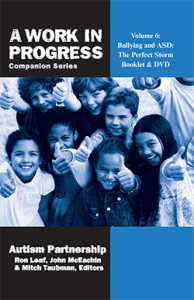








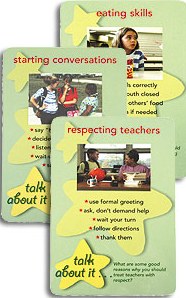
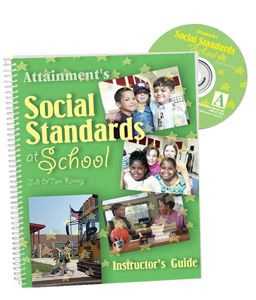
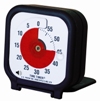
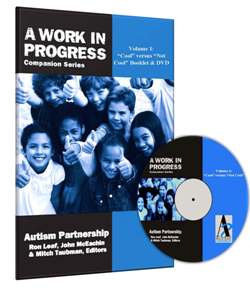
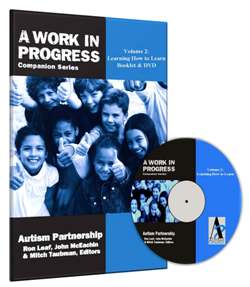
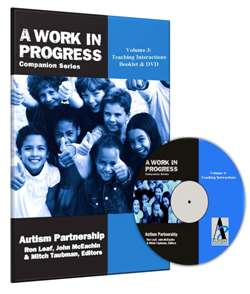
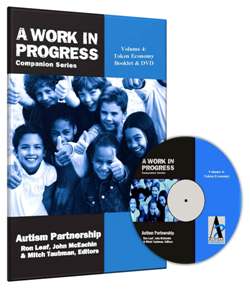
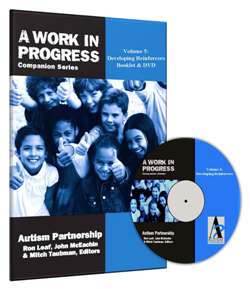 et & DVD: Volume 5
et & DVD: Volume 5